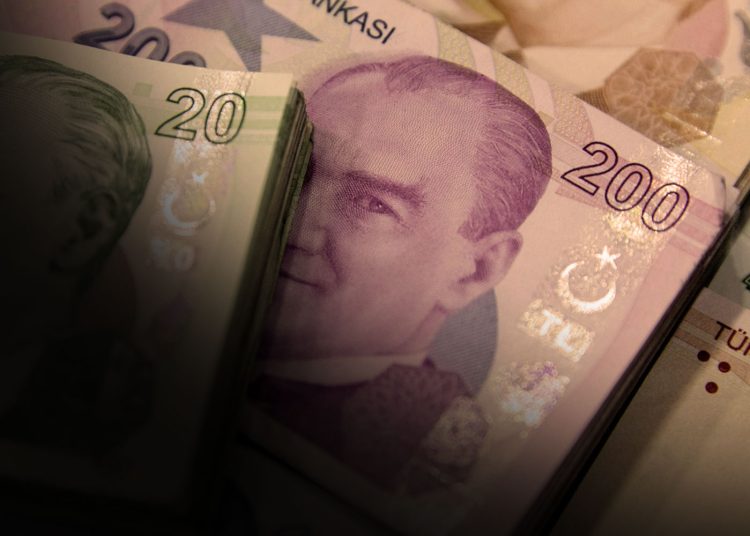The Moscow Exchange, Russia’s main stock exchange, has announced plans to launch Turkish lira-denominated futures contracts. This move is seen as a significant step in deepening economic ties between Russia and Türkiye and further integrating their financial markets.
In this article, we will explore the significance of this development and its potential impact on the Turkish and Russian economies.
What is the Moscow Exchange and Futures Contracts?
Before delving into the significance of the Moscow Exchange’s announcement, it’s essential to understand what futures contracts are. A futures contract is an agreement to buy or sell an asset at a predetermined price and date in the future.
Futures contracts are often used by investors and traders to hedge their risks or speculate on price movements. They allow buyers and sellers to lock in prices for future transactions, reducing uncertainty and minimizing risk.
The Significance of Turkish Lira-Denominated Futures Contracts
The Moscow Exchange’s decision to launch Turkish lira-denominated futures contracts is significant for several reasons.

Firstly, it signals a deepening of economic ties between Russia and Turkey. Russia is Turkey’s second-largest trading partner, and the two countries have been increasing their cooperation in recent years. The launch of Turkish lira-denominated futures contracts on the Moscow Exchange will make it easier for Turkish companies to trade with Russia and vice versa.
Secondly, it is a significant step in the integration of the two countries’ financial markets. The ability to trade Turkish lira-denominated futures contracts on the Moscow Exchange will give investors in both countries greater access to each other’s financial markets, increasing liquidity and potentially lowering trading costs.
Finally, the launch of Turkish lira-denominated futures contracts on the Moscow Exchange is a significant development for the Turkish lira. The Turkish lira has been one of the worst-performing emerging market currencies in recent years, and the launch of futures contracts denominated in Turkish lira could help to stabilize the currency and reduce volatility.
Potential Impact on the Turkish and Russian Economies
The launch of Turkish lira-denominated futures contracts on the Moscow Exchange could have a significant impact on the Turkish and Russian economies.
For Turkey, the increased access to Russia’s financial markets could lead to increased trade and investment. This could help to boost Turkey’s economic growth, which has been sluggish in recent years.
For Russia, the launch of Turkish lira-denominated futures contracts could help to diversify its currency exposure. Russia has been trying to reduce its reliance on the US dollar in recent years, and the launch of futures contracts denominated in Turkish lira is a step in that direction.
The Moscow Exchange’s decision to launch Turkish lira-denominated futures contracts is a significant development for both Russia and Turkey. It signals a deepening of economic ties between the two countries and a step towards the integration of their financial markets.
The launch of Turkish lira-denominated futures contracts on the Moscow Exchange could have a significant impact on the Turkish and Russian economies, boosting trade and investment and diversifying currency exposure. It is a development that investors and traders should watch closely as it unfolds.
You may be interested in: 400 Million Dollars Aid to Ukraine











